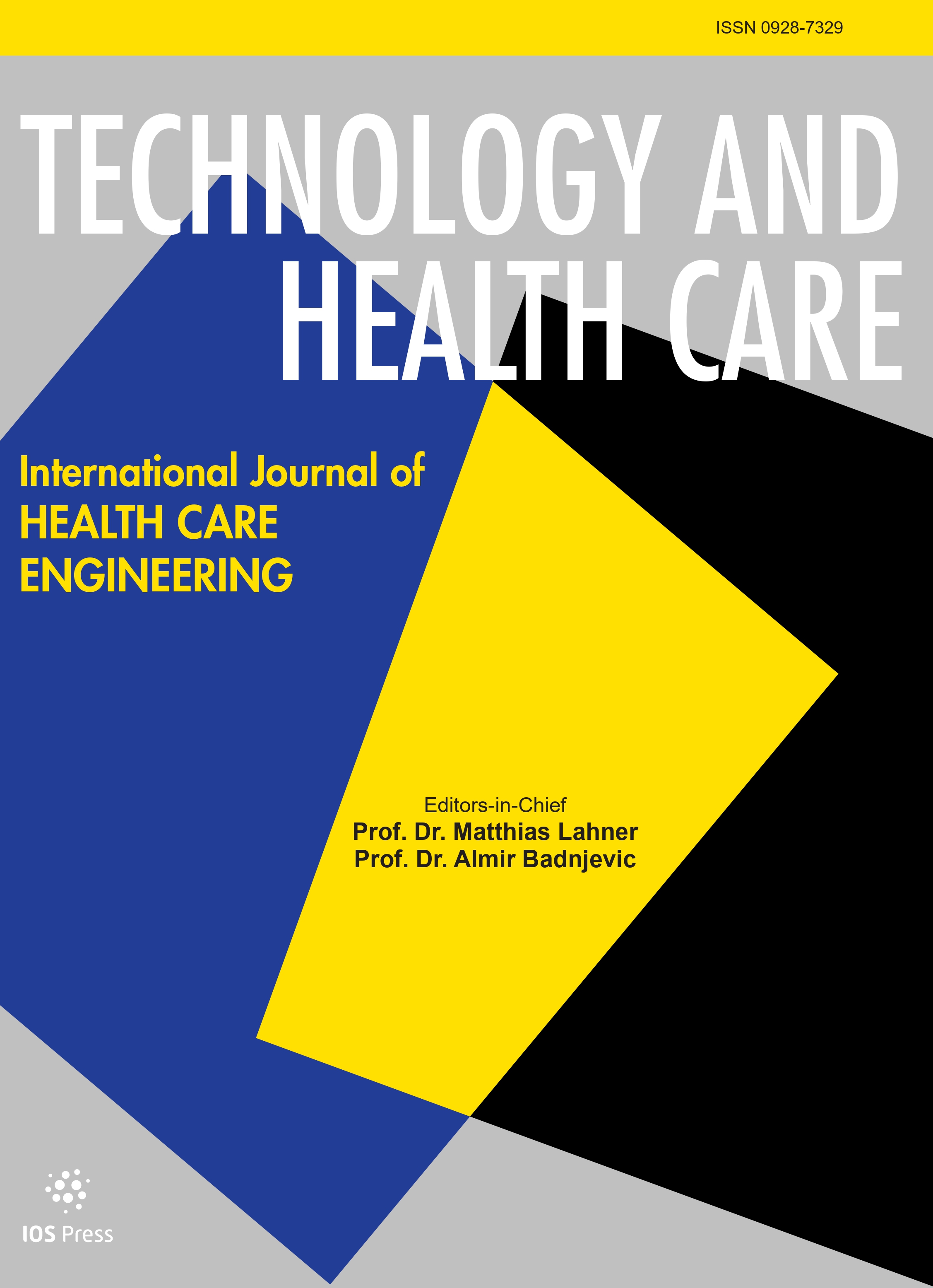Authors: Li, Xingping | Chen, Fuyan | Wang, Wenqing | Liu, Yang | Han, Jiang-Qin | Ke, Zi | Zhu, Hong-Hang
Article Type:
Research Article
Abstract:
BACKGROUND: Hypertension has become one of the most pathogenic diseases in the world. OBJECTIVE: This paper summarizes and analyzes the acupuncture point combinations and treatment principles of acupuncture for hypertension in a systematic way by means of big data mining. METHODS: The literature for this paper was obtained from CNKI, Wanfang, VIP, SinoMed and PubMed, Embase, Cochrane Library, Web of Science, and Ovid databases. Thedata were collected to obtain combinations of acupoints with strong associations through association rule analysis, complex networks for screening to obtain core acupoint nuclei, and cluster analysis to derive
…treatment principles. RESULTS: A total of 127 acupuncture prescriptions involving 66 acupoints were included in this study. Tai-chong (LR3), Qu-chi (LI11), Zu-san-li (ST36), Feng-chi (GB20), and He-gu (LI4) were the most commonly used acupoints. The large intestine meridian was the preferred meridian, and most of the extremity acupoints, especially the lower extremities, were selected clinically. The association rule reveals that Qu-chi (LI11) and Zu-san-li (ST36) are the dominant combination acupoints. 3 core association points obtained after complex network analysis, the 1st association, Bai-hui (DU20), Tai-xi (KI3), Gan-shu (BL18), Shen-shu (BL23); The 2nd association, Qu-chi (LI11), He-gu (LI4), San-yin-jiao (SP6), Zu-san-li (ST36), Feng-chi (GB20), Tai-chong (LR3); The 3rd association, Qi-hai (RN6), Guan-yuan (RN4), Zhong-wan (RN12), Zhao-hai (KI6), Tai-yang (EX-HN5), Lie-que (LU7), Yang-ling-quan (GB34), Xing-jian (LR2), Yin-ling-quan (SP9). Cluster analysis yielded the treatment principles of nourishing Yin and submerging Yang, pacifying the liver and submerging Yang, tonifying Qi and Blood, and calming the mind and restoring the pulse, improving clinical outcomes. CONCLUSION: By means of big data mining, we can provide reference for acupuncture point grouping and selection for clinical acupuncture treatment of hypertension.
Show more
Keywords: Acupuncture, acupoints, hypertension, data mining technology, mechanism
DOI: 10.3233/THC-230581
Citation: Technology and Health Care,
vol. 32, no. 1, pp. 397-410, 2024
Price: EUR 27.50





